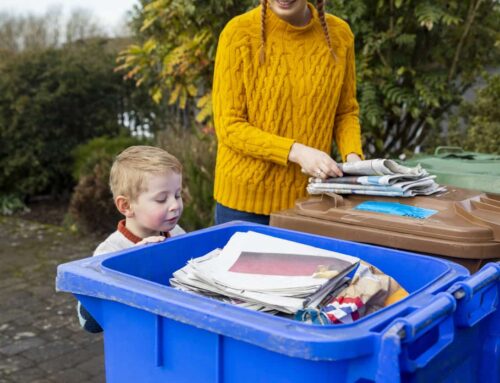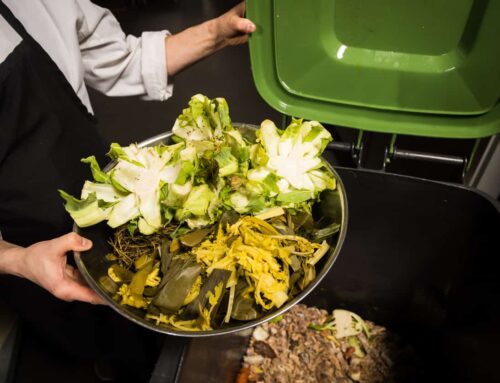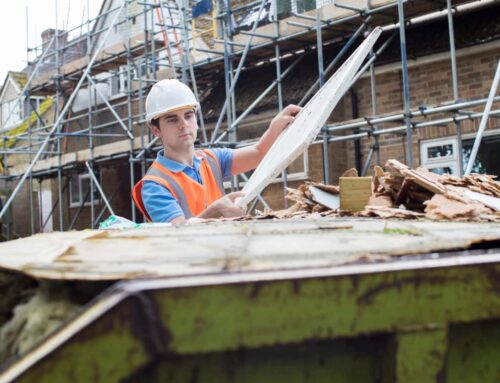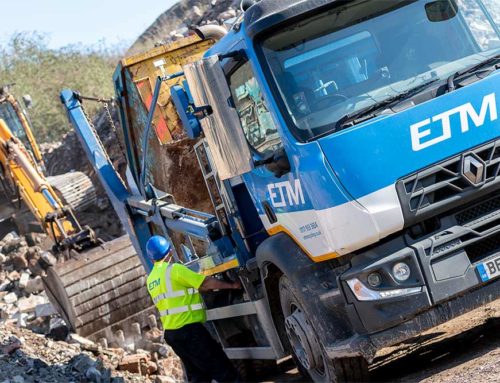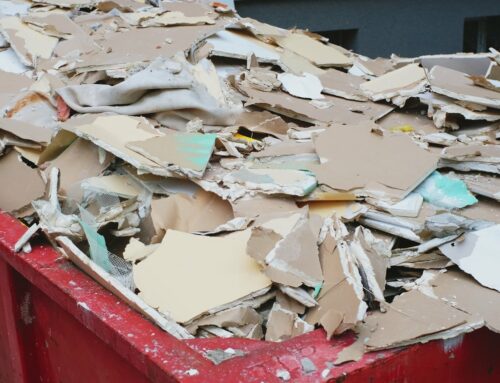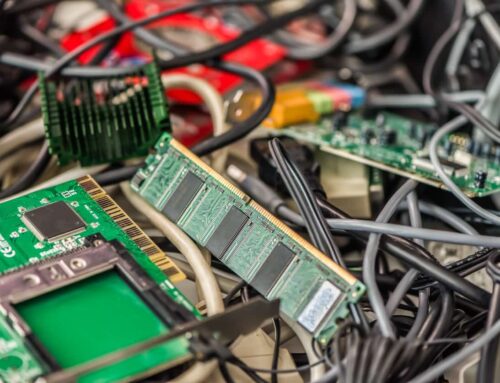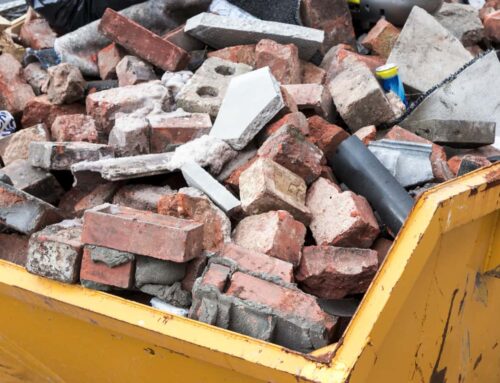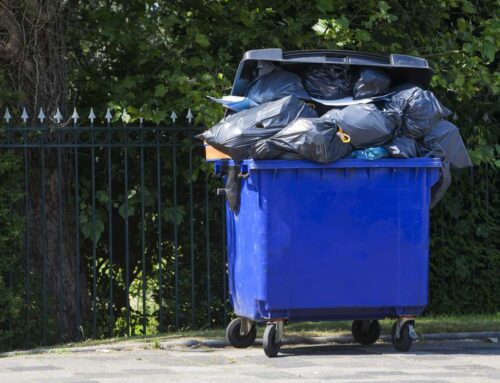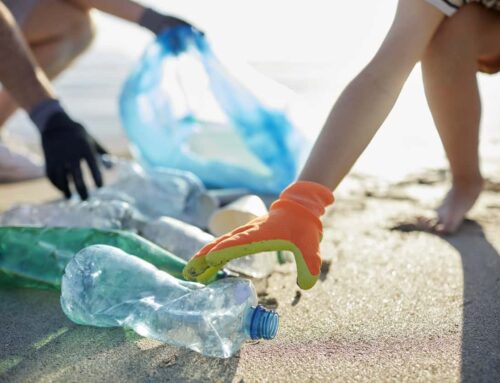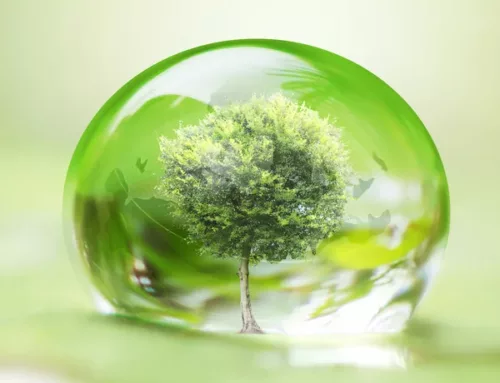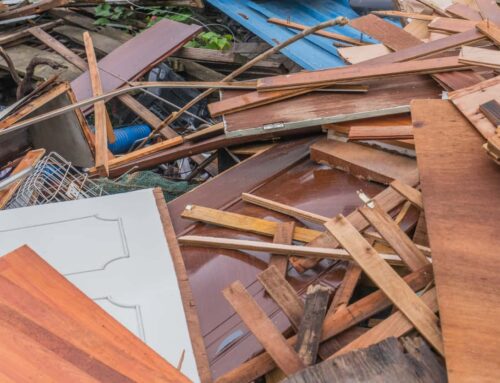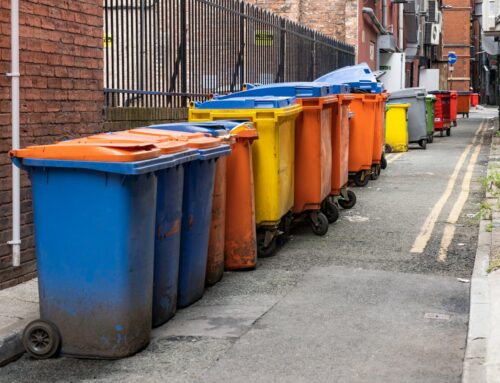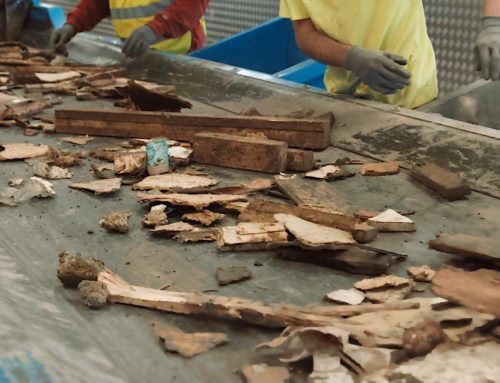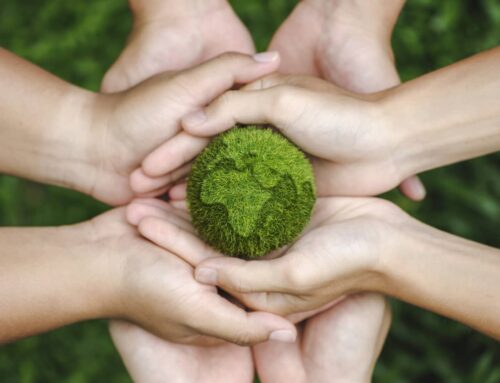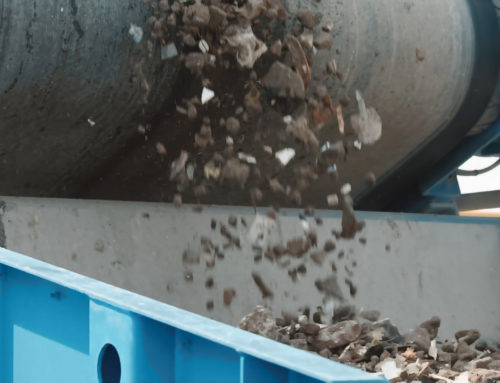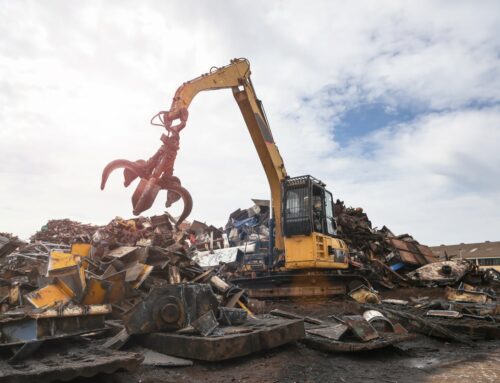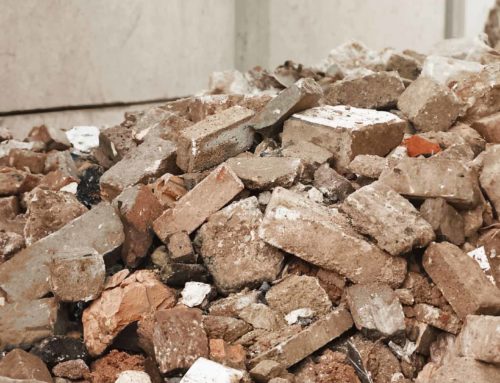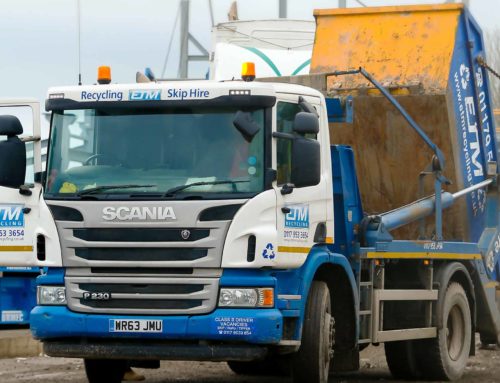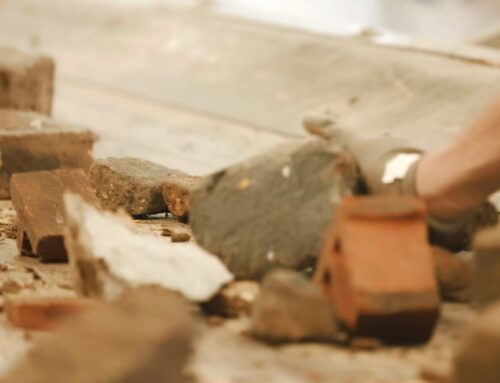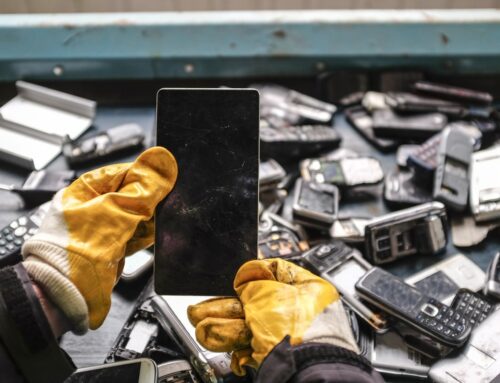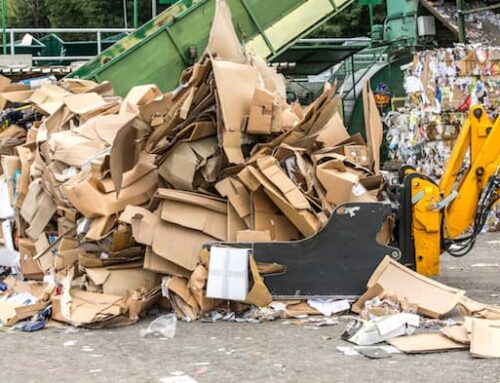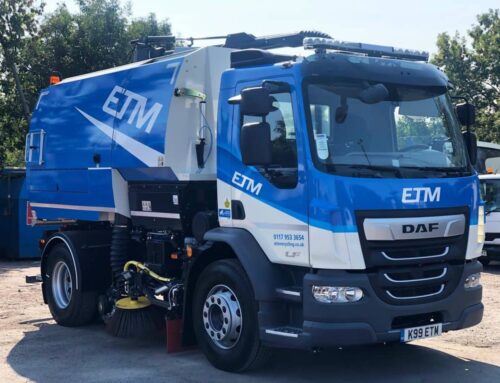We use plastic constantly in our daily lives, creating hundreds of thousands of tonnes of plastic waste each year throughout the UK. In 2019 the UK recycled over 370,000 tonnes; however, this rate should increase year on year. Using innovative technologies, advanced separation methods, and increased collections, plastic recycling rates in the UK will increase to match the large level of plastic usage.
At ETM Recycling we process a variety of waste at our state-of-the-art facilities in Bristol, aiming to recycle as much waste as possible in accordance with our zero-waste-to-landfill objective.
Find out more about ETM Recycling.
Plastic Waste Recycling
Often used interchangeably with ‘recovery’, plastic recycling encompasses the plastic processed and transferred on for recycling. Recovery rates describe the amount of plastic waste collected and may be higher than the actual recycling rate. These definitions apply for the UK but may be different in other countries, making cross-country comparisons trickier.
Recovery may still be critical though, as plastic not recycled may end up being processed for energy recovery. This way, although waste plastic is disposed of, usually through incineration, it creates benefit.
Why Recycle Plastic?
As with most recyclable materials, recycling is the desired goal for waste plastic. Alternatively, waste plastic may end up in landfill, an unwanted ending with negative environmental impacts.
By following The Waste Hierarchy, waste producers and managers explore alternative solutions for waste, from initially reducing the amount of waste produced or reusing materials, to recycling or recovering energy. Going to landfill is the final and least desirable option, hence the significance of recycling waste, including plastic.
A welcome attribute of plastic is that it is very recyclable and can be recycled repeatedly with minimum degradation in quality. Any loss of quality can be rectified with the addition of new plastic during the remoulding process.
Also recycling plastic presents cost and energy reductions. When recycling plastic, less energy and money is spent on turning raw materials into plastic, and instead the process is cheaper in multiple senses.
The preservation of raw materials used to make plastic is key too, as oil, a non-renewable resource, is one of the primary ingredients. Through recycling plastic and reducing reliance on raw materials, the environment benefits.
See more: Plastic Recycling Facts – 7 Interesting Facts About Recycling in the UK
How is Plastic Recycled?
There are two methods of recycling plastic; mechanical recycling and chemical recycling. Mechanical recycling is the most common method and involves the washing and cutting down of plastic waste to create pellets and other such small shapes for moulding into new products. Chemical recycling is less developed in the UK and breaks plastic down to basic components to be reformed.
For the average person, their experience of plastic recycling is limited to local authority sorting and collecting; e.g. sorting household waste into separate bins ready for kerbside collection. For commercial businesses, they may be more actively involved in the whole waste management plan, from knowing what kind of waste and how much is created, to liaising with waste management providers to hire skips and organise regular collections.
Once collected by fleets of specialised vehicles, waste will be taken to a Waste Transfer Station where it will be sorted and graded, then transported again to the final recycling point. Plastic waste may be sorted according to resin type or colour.
At ETM we recycle commercial plastic waste and hire out containers for plastic waste, or segregate plastic from mixed waste skips. Once transported to our Waste Transfer Station, plastic waste is separated, graded and baled for easy handling. These bales are then transferred to our approved partners for further processing.
See our plastic recycling services here.
What Plastics can be Recycled?
Every plastic can be recycled; however, some require special process which may not be available without explicit infrastructure or investment. The most widely recyclable plastics are PET and HDPE, both commonly used for drinks bottles or milk cartons.
Even previously recycled plastic can be recycled again, as mentioned above, helping to reduce environmental impact of creating new products.
Chemical recycling technologies are effective at making plastics that are notoriously harder to recycle, recyclable. Unfortunately, chemical recycling is still less common and needs developing in the UK to make it widely available.
At ETM we process a wide range of plastics including HDPE, LDPE, PP, ABS, PVC, and UPVC windows and doors.
Can Black Plastic be Recycled?
A common misunderstanding is that black plastic can’t be recycled, however this is not the case. It just isn’t actually recycled. This is due to the optical sorting process used to separate materials. As the black plastic has dark pigment, it isn’t detected by the scanner and therefore isn’t segregated for recycling.
Now, new types of black plastic are being developed that will show and be actioned properly.
Learn More with ETM Recycling
If you are looking for plastic waste recycling or comprehensive commercial waste management in South West England, get in contact with ETM Recycling. We provide a range of recycling solutions to fit your needs, from material-specific recycling to waste management consultancy. To us, increasing recycling and ensuring waste is managed in the most environmentally friendly way is crucial to our values and achieving zero-waste-to-landfill.

